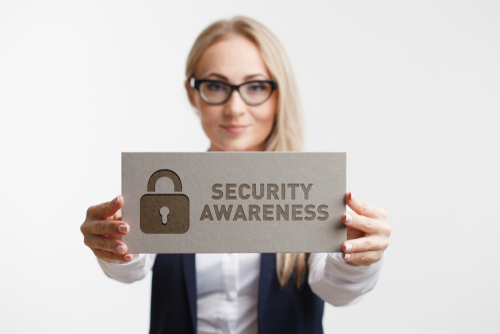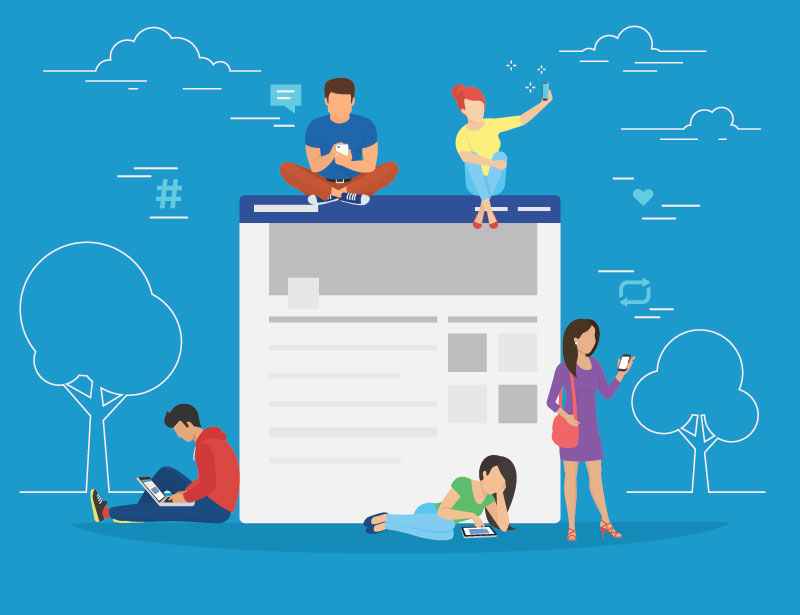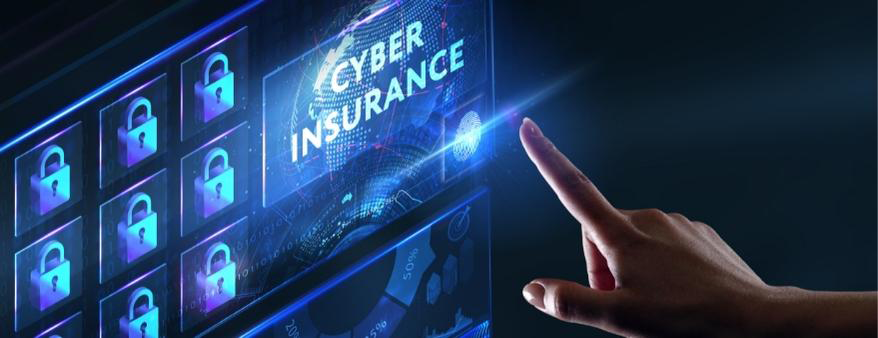Don’t Sabotage Employee Cybersecurity Training With These Mistakes
Do you have the strategies in place to empower your team to identify and mitigate potential security risks?

The modern world demands that we all remain cyber aware. Today the average American enjoys access to over 10 Internet-connected devices in any given household. Furthermore, most possess at least two computers as well as two smartphones. Far across the entire world, it is estimated that a staggering 30 billion+ devices connect to the internet. Such connectivity introduces stupendous potential for advancement; yet by the same token, such sprawling connectivity hides a hacker's paradise. Fortunately, managed IT service providers like Cortavo provide cybersecurity in all of their plans. Reach out to us to discover peace of mind with great cybersecurity.
There is absolutely nothing new about this, as hacking became ascendant at the very dawn of interconnected technology. Yet here’s the problem: most businesses have propped up the same security protocols since the rise of the Internet. “It’s all been working so far, so why change it?” the prevailing attitude insists. Yet ransomware and viruses are more dangerous than ever, and below we’ll explore seven reasons why.
“Why all the sudden focus on cybersecurity?” you might be asking. It turns out October is National Cybersecurity Awareness Month, and CISA and its partners have focused on cybersecurity during October for the last 17 years. So follow us on LinkedIn and Facebook for more handy tips all month long.
The first computer virus was engineered back in the 1970s. This novel virus commandeered systems by replicating on the hard drive, thereby crowding the user out of the basic system space needed to operate. In fact, that first specimen was originally designed as an experiment without any malicious intent whatsoever. Yet today, viruses are anything but fun science experiments. And the most pernicious kinds will overtake the hard drive entirely, encrypting every last fragment of data. If you’re connected to any network, the virus can further infiltrate the servers and begin encrypting from there as well. If your data backups also live on that network, then you’ll completely lose all access to a clean backup.
The only means of retrieving this data is either caving and paying the ransom (which is seldom recommended for most cases), or by tapping an IT firm to revert back to clean data through a delicate decryption of the files based on the specific ransomware encountered. Nevertheless, you’ll wind up burning through a hefty sum of money and time to recover what was already yours — your precious data.
Once upon a time, phishing emails were dead giveaways. “Such-and-such Nigerian prince desperately needs to wire you his fortune if you would merely input all of your personal financial information." Since those days, society has grown more cybersecurity aware, which in turn has prompted unscrupulous phishers to up their game. Today, phishing is so much smoother. Perpetrators will dig around enough to identify your boss or CEO, then send an email under his/her alias eliciting you to discreetly transfer funds or send sensitive financial data.
Unless you meticulously examine the exact sender address (said address is typically a spoof resembling your company domain), then all of the sudden you’ll have transferred thousands of dollars into a stranger’s account while believing it was your CEO. You’ll think nothing of it until you touch base with your CEO later and realize you’ve been played. Such honest mistakes cost companies hundreds of thousands of dollars each year with scant recourse in salvaging lost funds. Some experts claim that employee error accounts for roughly 92% of security breaches.
(article continues below)
The more the remote work trend takes hold, the more businesses forego vital controls on their data and are open to the threat of malicious insiders. Although we’d like to trust every person working among our rank and file, any disgruntled employee can covertly store an illicit copy of customer data before surprising you with their two-week notice. From there, it wouldn’t take much to wreak havoc over your operations and relationships if the former employee takes up a position with your competitor. To combat this hazard, access controls for a smooth offboarding help alleviate much of the potential turmoil and allow you to keep tabs on every shred of data and guard that data in its proper place.
While it’s true that nefarious insiders can instigate data leaks, leaks can also manifest as those notorious password breaches we hear about so frequently from major players. How can the simple breach of a LinkedIn password really harm anyone? After all, we’re not worried about e-burglars making off with our resumes!” Yet since 53% of people admit to utilizing the exact same password across multiple accounts, hackers exploit that predictability. Hackers may sell your password or utilize those same login credentials to hack into even more critical targets. One example is the financial institutions you bank with. We recommend employing complex passwords, avoiding password reuse, keeping track of all your login credentials by way of a password vault, and imposing two-factor authentication wherever possible.
Cryptocurrency is a preferred payment method for hackers, as it moves untraceably and is exceedingly valuable. In addition to demanding cryptocurrency for the vast bulk of ransomware attempts, some hackers infiltrate systems, hijacking and repurposing them to mine cryptocurrency on the sly without the user ever realizing it. Hackers gain entry into systems by emailing a malicious link or via malvertising (shady code tucked into advertising). Users might notice a slight dip in performance. But more than likely they’ll never discover that a nameless, faceless intruder is leveraging their system to mine for cryptocurrency. Some malicious codes spread virulently across networks, allowing hackers to profiteer by preying on the vulnerable resources of everyday people and businesses
As we link more devices such as cars and appliances to the internet, we expose further targets to intrusion into our work and life. Hackers can canvas private rooms by way of your baby monitors or interconnected camera system, slip viruses that dent performance into your cooking appliances or vehicles, or heckle your family without warning from a device with audio. IoT can be secure, but just ensure you’re taking as many security precautions as possible.
Hackers enjoy the trump card of their ever-growing sophistication as they blow past the good guys who struggle to keep up. To ensure safety, consider establishing measures like employee awareness, phishing tests, explore solutions in hosted back-up, dark web scanning, multi-factor authentication, draft crisis contingencies and set in place state-of-the-art controls covering administrative privileges. Our IT help desk support will monitor your network 24/7, and we even provide cybersecurity training for your employees.
If you still lack confidence about the security of your current IT solution, then it’s probably time to contact us. You can reach us online or call us at 1.866.267.8286. We’ll be glad to help you achieve peace of mind with your IT security.

Do you have the strategies in place to empower your team to identify and mitigate potential security risks?

As you might be aware, October is National Cybersecurity Month and much of cybersecurity centers around passwords. This topic seems banal, yet it’s...

Cybersecurity insurance is among the hottest trends. It goes by many names, often called cyber insurance or cyber liability insurance. Whatever name...